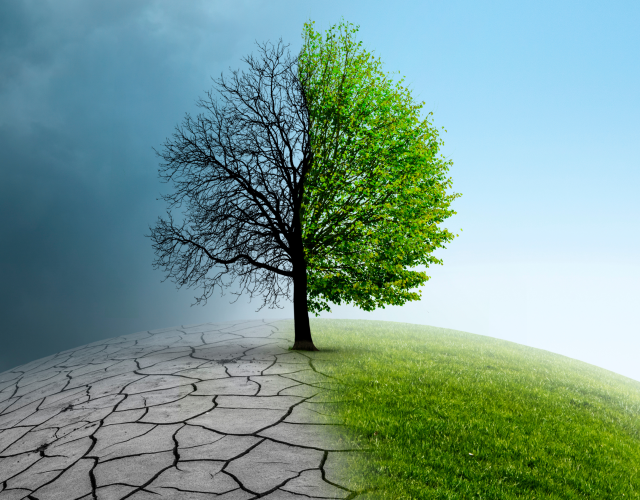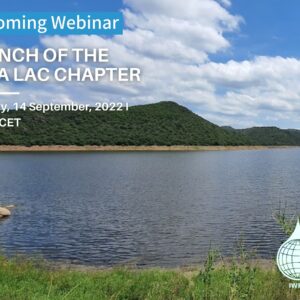IWRA announced the general call for new members to join its Climate Change Task Force

The Climate Change Task Force was formed to position IWRA in the discussions of water and climate change. The task force’s role is to identify topics of interest from IWRA membership, work in an interdisciplinary way to better understand the issues at stake between climate change and water in various situations around the globe, and to provide policy, scientific and practical contributions to international and local debates, including the Climate Change Conference of Parties (COP). Click here to learn more about its objectives, Bureau members, key milestones, etc.
The Task Force is currently composed of working groups, presented below:
– Nature Based Solutions and Ecosystem Restoration
Nature based solutions (NBS) are important in our fight against climate change. Until recently the group focused on afforestation but would like to expand its focus. Afforestation has garnered global attention recently, be it the Trillion Trees Campaign or the UN Decade of Ecosystem Restoration. Within the Working Group, we focus on such schemes and solutions.
They are currently working towards launching a podcast series on various aspects of Forestation and NBS. Afforestation is key to better water management in watersheds since forests are known to maintain the natural water balance. This is important in the context of an ever-increasing water scarcity, where new forests can help achieve the SDG 6: Clean Water and Sanitation. The group also wrote a commentary paper for the Water International Special Issue, which is currently under revision. Join them for more such activities. New members are encourage to suggest more relevant, interesting and fun activities too!
– Water Pollution
To date, the Water Pollution Working Group (WPWG) has generated a series of manuscripts and commentaries under review for a special issue on climate change of Water International. The WPWG will explore ways to contribute to upcoming IWRA events, such as the online conference on Water Quality & Chemicals of Emerging Concern tentatively scheduled in October 2022.
The WPWG is encouraging new members to participate, particularly students and those interested in identifying M.S. thesis or Ph.D. dissertation topics, or those interested in producing peer-reviewed journal topics. The focus will be learning more about the intersection of climate change/ water pollutants/ water resource management regarding both the well-known human-made pollutants and the understudied contaminants of emerging concern (“CEC”) including PFAS, micro-plastics, and pharmaceuticals and personal care products (PPCPs).
– Carbon Dioxide Removal Strategies
The Paris Agreement and the IPCC have called for the deployment of various negative carbon emission measures over the coming decades. Several examples of Carbon Dioxide Removal (CDR) are highlighted that would merit analysis of benefits and risks. Examples include bioenergy with carbon capture and storage (BECCS) and agriculture, forestry, and other land uses (AFOLU). A formalised literature search on BECCS has been conducted by the French Water Partnership (FWP) and could serve as a basis for discussion. It could be interesting to organise conferences and/or webinars at international events to raise awareness of these practices highlighted in Part 3 of the 6th IPCC report published in April 2022, but to also highlight environmental and societal limits (water, biodiversity, SDGs)
– Mountains and Plains
This working group has focused on developing a paper for a Special Edition of Water International providing a global review of impacts of climate change in mountains and implications downstream. The group would like to be involved in developing solutions and outreach through webinars, policy-oriented papers and social media campaigns.
In addition, the TF includes the following Working Groups:–
– Energy
– Flood Risk Management
New members are welcome to engage in one of these working groups and to propose new areas of interest with regards to climate change and water.
How Can You Join This Task Force:
- Ensure that you have a current up-to-date IWRA membership (Not an IWRA member? Click here to become one.
- Send an email to office@iwra.org with “Climate Change Task Force” in the subject line, and in the body of the email please state your name, location and IWRA membership number (you can find this on your membership profile – but if you can’t find this, we’ll find it for you)




